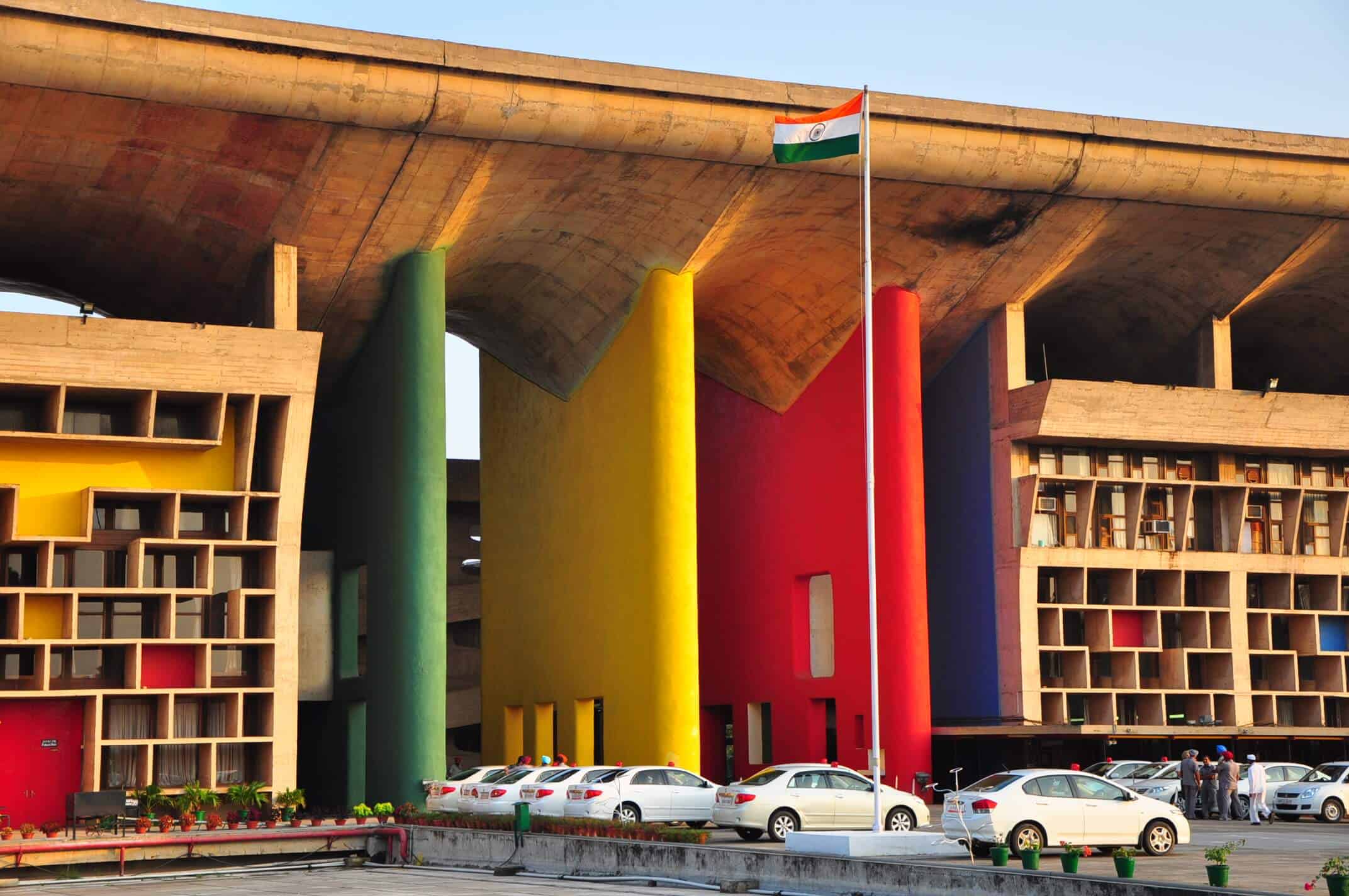The National Green Tribunal (NGT) on Thursday directed the State of Maharashtra to pay ₹12,000 crores as environmental compensation for improper management of solid and liquid waste [Compliance of Municipal Solid Waste Management Rules, 2016 and other environmental issues (Arising out of directions of the Hon’ble Supreme Court in W.P. No. 888/1996 and W.P. No. 375/2012)]
A bench of chairperson Justice Adarsh Kumar Goel, Justice Sudhir Agarwal and expert member Prof. Senthil Vel held that the compensation under Section 15 of the NGT Act was necessary to remedy the continuing damage to the environment caused due to the shortcomings in waste management.
The order was also passed pursuant to with the Supreme Court’s directions in Almitra H. Patel Vs. Union of India & Ors and Paryavaran Suraksha vs. Union of India requiring the tribunal to monitor enforcement of solid and liquid waste management norms.
“Award of above compensation has become necessary under section 15 of the NGT Act to remedy the continuing damage to the environment and to comply with directions of the Hon’ble Supreme Court requiring this Tribunal to monitor enforcement of norms for solid and liquid waste management,” the order stated.
The tribunal while fixing liability necessary for restoration underlined that mere passing of orders did not show any tangible results in the last eight years for solid waste management and five years for liquid waste management, even after expiry of statutory timelines.
“Moreover, without fixing quantified liability necessary for restoration, mere passing of orders has not shown any tangible results in the last eight years (for solid waste management) and five years (for liquid waste management), even after expiry of statutory/laid down timelines. Continuing damage is required to be prevented in future and past damage is to be restored,” it stated.
The NGT determined the compensation in respect of gap in treatment of liquid waste to be about ₹10,840 crores and in respect of un-remediated legacy waste to be around ₹1,200 Crores. It rounded the amount off to ₹12,000 crores and directed the State of Maharashtra to deposit the same in a separate ring-fenced account to be operated as per directions of Chief Secretary and utilised for restoration measures.
The restoration measures for sewage management would include establishing sewage treatment and utilisation systems, upgrading systems/operations to ensure full capacity utilisation, ensuring compliance with standards, including those for faecal coliform, and establishing proper faecal sewage and sludge management in rural areas.
In terms of solid waste management, the action plan involves the establishment of required waste processing units as well as the rehabilitation of 84 sites that have been overlooked.
The bioremediation/bio-mining process must be carried out in accordance with CPCB guidelines, and the stabilised organic waste from biomining as well as compost plants must meet laid down specifications, the tribunal said.
Stating that the restoration plan must be executed in a time bound manner, the tribunal cautioned that if violations continued, additional compensation may be considered against the State.
“This restoration plan needs to be planned and executed in a time bound manner without further delay. If violations continue, liability to pay additional compensation may have to be considered. Compliance will be the responsibility of the Chief Secretary,” it said.
Source Link




